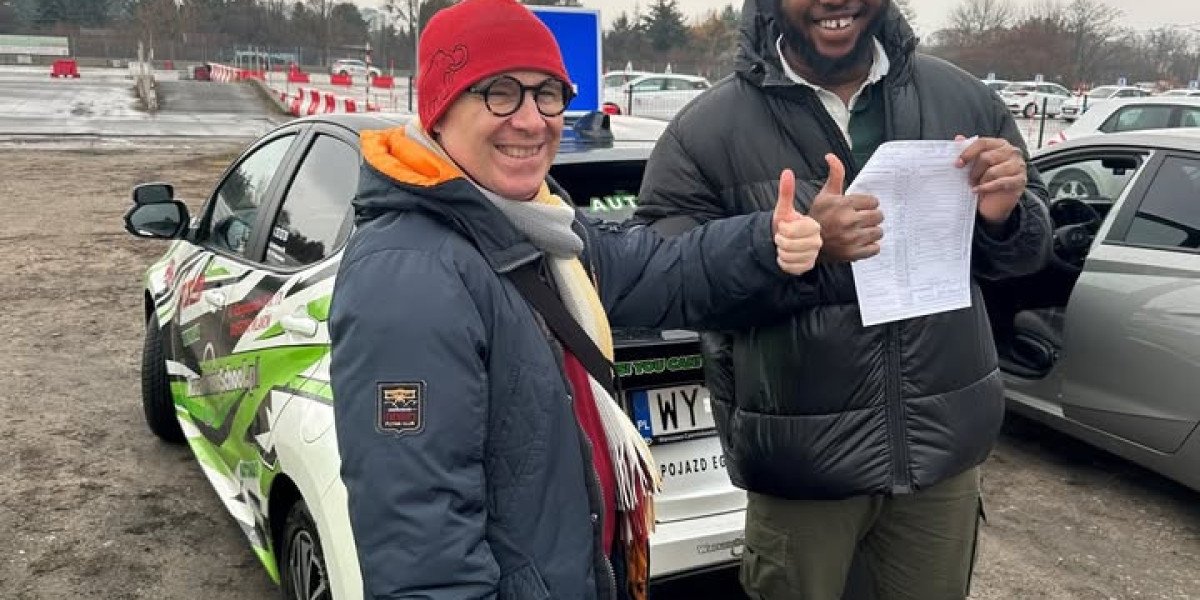A Comprehensive Guide on Buying a Driving License Legally and Ethically
The capability to drive can substantially enhance an individual's quality of life, offering the flexibility to take a trip for work, leisure, and emergency purposes. However, the process of obtaining a driving license can frequently be troublesome and time-consuming. In certain misdirected circumstances, people might ponder purchasing a driving license through prohibited means. This article looks for to clarify the legal opportunities to acquire a driving license, the risks associated with prohibited deals, and regularly asked concerns about the driving license acquisition procedure.
Comprehending the Importance of a Driving License
A driving license works as more than simply a permit to run an automobile; it is likewise a crucial element of individual recognition and legal acknowledgment. Here are numerous important reasons that a driving license is needed:
- Legal Compliance: Driving without a legitimate license is illegal in most jurisdictions and can lead to penalties, fines, and legal issues.
- Recognition: A driving license typically works as a primary kind of ID for individual confirmation and age-related limitations.
- Security Assurance: Obtaining a license requires passing a series of tests that ensure the driver possesses the essential abilities and knowledge to operate a car safely.
- Insurance Requirements: Most automobile insurance plan require valid driver's licenses to ensure that the insured driver is legally permitted to run the vehicle.
Legal Steps to Acquire a Driving License
While buying a driving license may look like a fast solution, it presents severe legal dangers and repercussions. Rather, people ought to follow these legal actions:
Step 1: Determine Eligibility
Eligibility for a driving license can vary by state or nation. Generally, the requirements consist of:
- Minimum age-- Usually 16 years or older.
- Evidence of identity-- A birth certificate, passport, or other forms of ID.
- Residency-- Proof of house in the releasing location.
Action 2: Obtain a Learner's Permit
Before getting a full driving license, applicants typically first acquire a learner's license, which permits them to practice driving under specific restrictions.
- Testing: Pass a composed knowledge test on traffic rules and regulations.
- Charges: Pay any appropriate costs related to the learner's license.
Step 3: Practice Driving
Most regions require a defined number of supervised driving hours before one can continue to the licensing phase.
Step 4: Schedule a Road Test
Upon satisfying the practice requirements, the next action is to arrange a roadway test to demonstrate driving proficiency.
Step 5: Submit Application and Fees
Once the driving test is successfully finished, submit the application for a driving license in addition to essential charges to the licensing authority.
Action 6: Receive Driving License
After approval, egzamin z prawa jazdy kat b online (https://realtorstrust.com/agent/egzamin-na-prawo-jazdy-online7268/) the driving license is issued, permitting individuals to drive legally.
Risks of Buying a Driving License
Getting a driving license from unverified sources can result in severe effects:
- Legal Consequences: Engaging in deceptive activities can result in criminal charges, fines, or jail time.
- Safety Risks: Untrained individuals driving without correct licenses may endanger others and themselves on the roadway.
- Financial Loss: The money spent on a fraudulent license is normally irrecoverable, in addition to possible fines if caught.
Frequently asked question Section
1. Can I use a foreign driving license in my home country?
Answer: Many nations enable temporary use of a foreign driving license, but it is suggested to examine regional regulations. An International Driving Permit (IDP) can typically supplement a foreign license.
2. What files are typically needed to make an application for a driving license?
Answer: Common documents include:
- Proof of Identity (ID card, passport)
- Proof of Residence (utility costs, rental agreement)
- Social Security Number (in specific jurisdictions)
3. How long is a driving license valid?
Response: Most driving licenses are legitimate for 3 to 10 years, depending upon the local policies. Renewal is typically needed before the expiration date.
4. What should I do if my driving license is lost or stolen?
Answer: Report the loss to the appropriate authorities and offer essential details for them to release a replacement.
5. Can I drive if my license is ended?
Response: Driving with an ended license is unlawful and can cause penalties. It is best to restore the license before driving.
Getting a driving license is a vital aspect of responsible driving and personal mobility. While the temptation to buy a driving license might seem appealing for those wanting to bypass the lengthy treatment, such actions ultimately result in substantial threats that far surpass the benefit. For that factor, adhering to legal procedures is necessary. By following a structured path towards acquiring a driving license, individuals guarantee they are not just certified with the law however likewise geared up with the essential skills to be safe and accountable chauffeurs.
Table of Comparison: Legal Process vs. Buying a License
| Aspect | Legal Process | Purchasing a License |
|---|---|---|
| Legality | Totally legal and compliant | Unlawful; potential criminal charges |
| Safety | Skills-tested; makes sure safe driving | No abilities recognition; high threat |
| Expense | Numerous fees, potential for a greater long-lasting cost (insurance) | Initial lower cost; long-lasting monetary effects |
| Recognition | Recognized and appreciated ID | Typically not acknowledged; risk of scams |
| Comfort | Comfort and adherence to the law | Continuous worry of legal actions |
By comprehending the significance of a driving license and the repercussions of illegal procurement, people are better positioned to make informed, ethical choices about their driving privileges.









